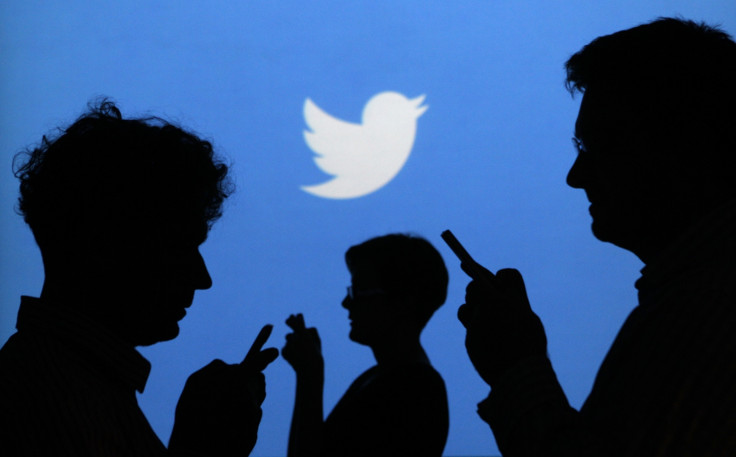Angry, sweary tweets linked to higher rates of heart disease

Firing off angry tweets to incompetent train companies and your overcharging phone network might feel good at the time, but it could also increase your risk of developing heart disease, a new study has found.
Researchers at the University of Pennsylvania have found a strong correlation between the use of negative and emotional language on Twitter and dying from heart disease, likening angry tweeting with other contributing factors like low income, stress and smoking.
By grouping together and analysing public tweets sent in 2009 and 2010 across 1,300 countries around the world, researchers found that communities where expletives and negative words like "hate" were tweeted frequently, were also where heart disease mortality was higher.
Words relating to anger, stress and fatigue in a country's tweets were also associated with a higher risk of heart disease, while tweets full of positive emotions like excitement and optimism were associated with a lower risk.
Researchers used Twitter interactions as a window through which to gauge a community's collective mental state, and it's thought this practice could provide a useful tool in epidemiology and for measuring the effectiveness of public health interventions.
Project leader Johannes Eichstaedt said: "getting this data through surveys is expensive and time consuming, but, more importantly, you're limited by the questions included in the survey. You'll never get the psychological richness that comes with the infinite variables of what language people choose to use."
Described as "a new frontier for psychological research," Twitter's millions of users post billions of interactions every week. Such data could become an "invaluable public health tool," if it can be tied to real-world outcomes, the team of researchers said.
Researcher Gregory Park said: "Twitter seems to capture a lot of the same information that you get from health and demographic indicators, but it also adds something extra. So predictions from Twitter can actually be more accurate than using a set of traditional variables."
© Copyright IBTimes 2025. All rights reserved.






















